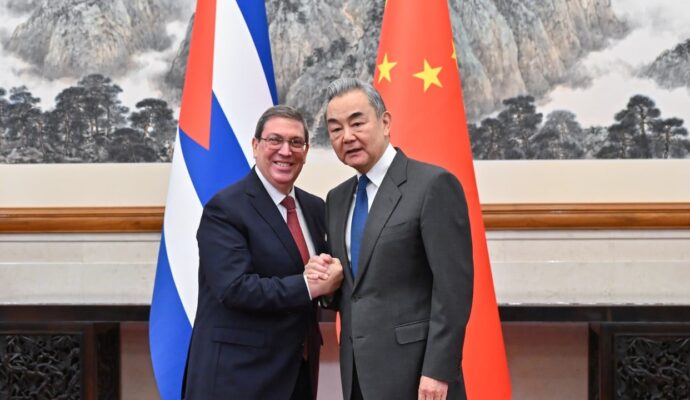Advertisement
China had cultivated a robust domestic AI talent pipeline, as seen in DeepSeek’s research team, whose members were mainly educated and trained within the country, the report said.
While around a quarter of DeepSeek researchers gained experience in the US, most returned to China, resulting in a one-way knowledge transfer that strengthened China’s AI ecosystem, it found.
“These talent patterns represent a fundamental challenge to US technological leadership that export controls and computing investments alone cannot address,” it said.
“DeepSeek is an early-warning indicator about the essential role that human capital – not just hardware or algorithms – plays in geopolitics, and how America’s talent advantage is eroding.”
The report was written by Amy Zegart, a senior fellow at the Hoover Institution and associate director at Stanford University’s Institute for Human-Centred AI, and Emerson Johnston, a second-year master’s student in international policy at Stanford. It was published on April 21.


